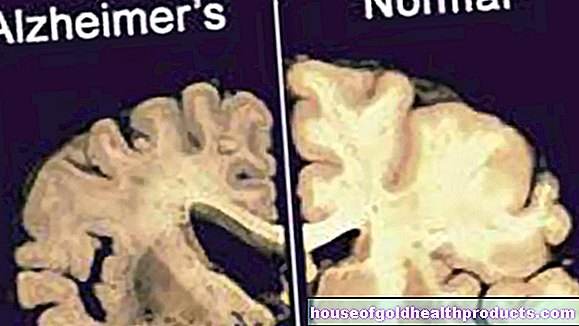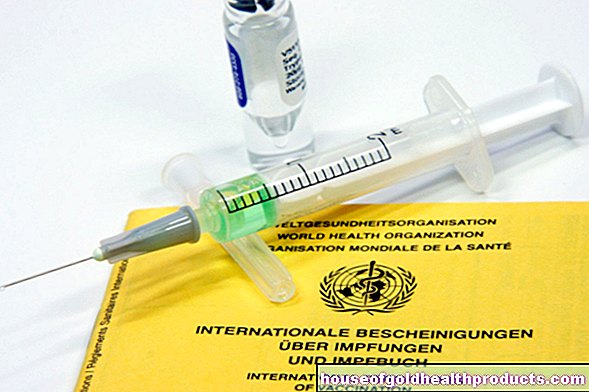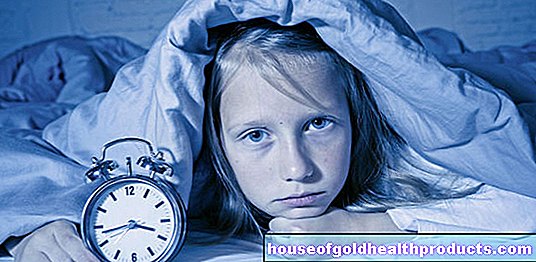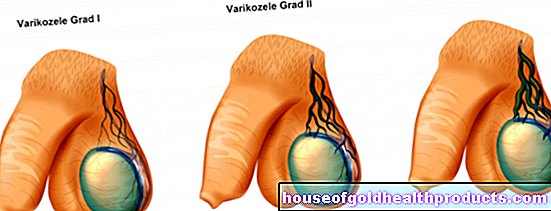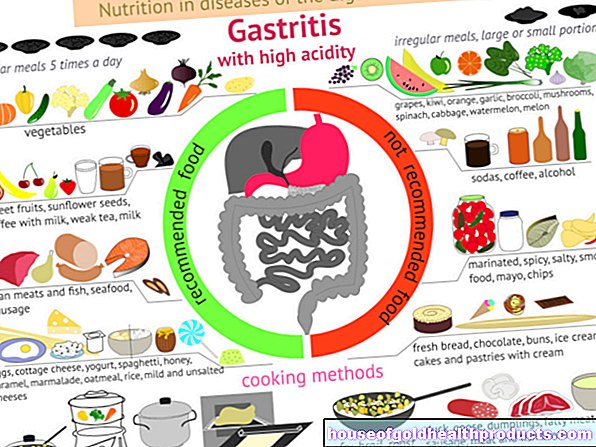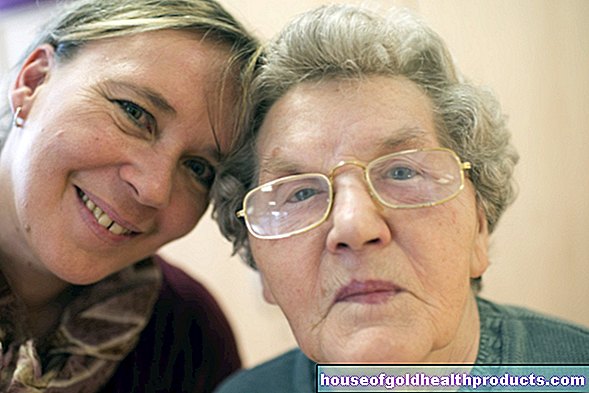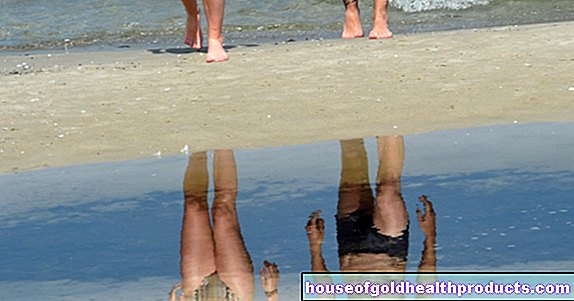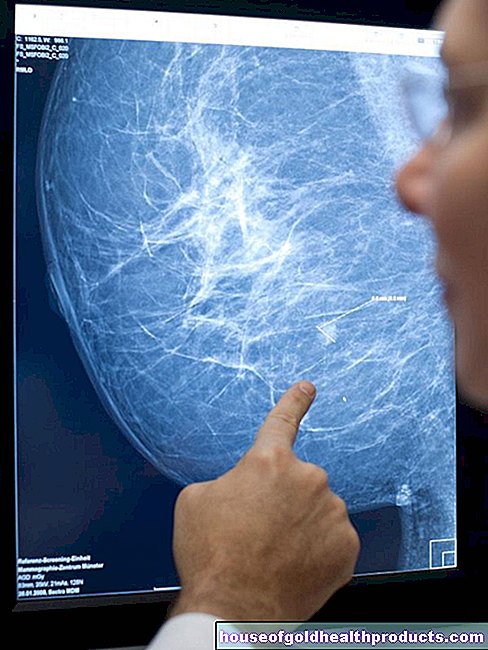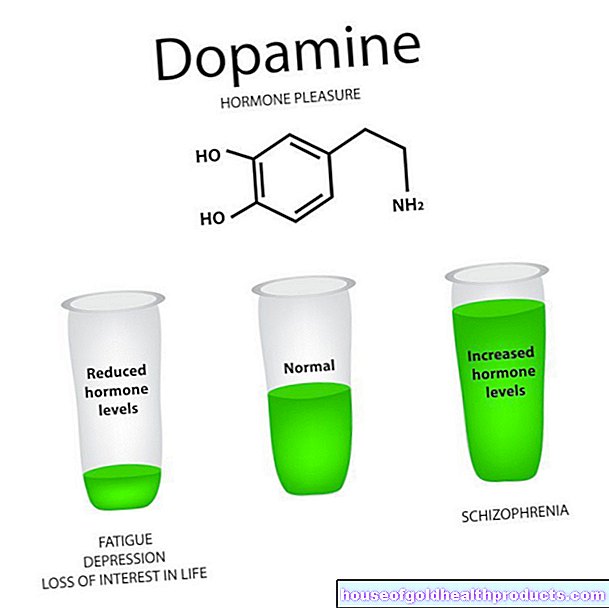Stroke: knowledge protects against depression
All content is checked by medical journalists.MunichTo be able to live in your own four walls again after a stroke - that is already a success. But many patients cannot really be happy about it, they are doing too badly. So a large number of them develop depressive symptoms. This is especially the case when patients do not feel well informed about the subject of a stroke. After all, this applies to up to 40 percent of people who have had a stroke, Professor Michèle Baumann from the University of Luxembourg and her team have found out.
First poorly informed, then depressed
Such a lack of information causes insecurity and anxiety, which can lead to a depressive mood. This in turn aggravates the consequences of a stroke. These include, for example, impairments in mobility, memory and language skills. The risk of death also increases when patients are depressed.
Ask about your health in good time
The scientists therefore call for regular inquiries about the quality of life and the various worries of stroke patients. “This is how you could identify people who need help,” write the health sociologists. If so, it may be possible to prevent depression in good time.
In their study, the experts visited over 90 stroke patients at home and asked them about their physical and psychological well-being and their concerns. In addition, the researchers asked about the satisfaction with the available sources of information and care facilities.
Not knowing creates uncertainty
One of the main concerns of the respondents was the uncertainty about the impact of the stroke on their lives. For example, it was not clear to some of those affected what support they could rely on in the future. Many did not know where to find information about financial and social assistance. They also criticized the lack of coordination between different care services.
Those who can work are less depressed
According to the study results, people with a low level of education and those who could no longer perform their profession after the stroke had a particularly high risk of developing symptoms typical of depression, such as emotional imbalance and sleep problems, but also pain. Low-wage earners were also particularly often affected.
“The health system and the care providers must ensure that information and help is available to every stroke patient, regardless of how much they earn,” demand the authors.
Lower the risk yourself
According to the German Stroke Society, stroke is the most common reason for a disability in adults in Germany. In many cases it also leads to death, but the death rate has decreased over the past 20 years. A stroke is usually caused by a circulatory disorder in the brain. This occurs when vessels become calcified or blocked by blood clots. Risk factors for this are high blood pressure, high blood sugar levels, smoking, lack of exercise, poor diet and excessive consumption of alcohol. Accordingly, everyone can actively reduce their risk with a healthy lifestyle. (vv)
Sources: Baumann, M. et al. 2014. Associations between quality of life and socioeconomic factors, functional impairments and dissatisfaction with received information and home-care services among survivors living at home two years after stroke onset. BMC Neurology. Doi 10.1186 / 1471-2377-14-92
Press release: Stroke: More and more young people around the world are getting sick. Treating high blood pressure and diabetes can prevent strokes. German Stroke Society. www.dsg-info.de (accessed January 14, 2015)
Tags: teeth baby toddler fitness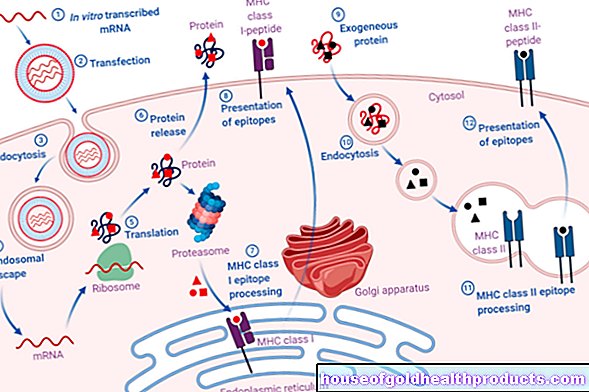




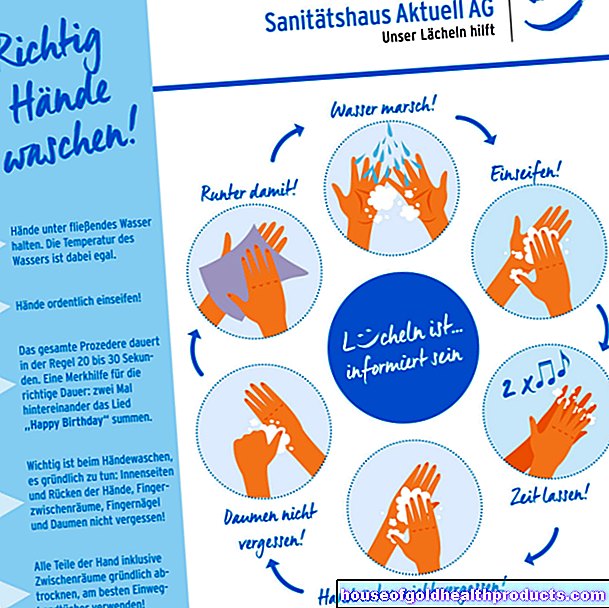
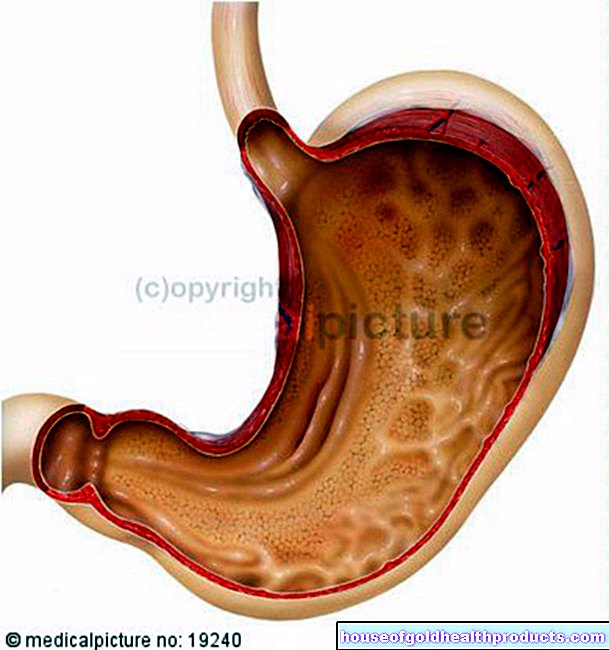
.jpg)

